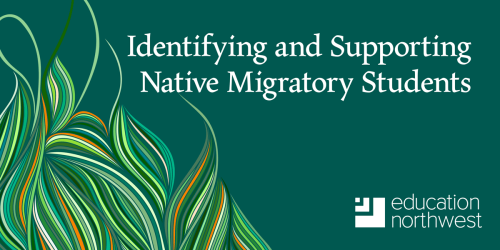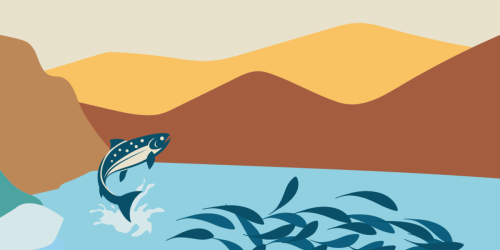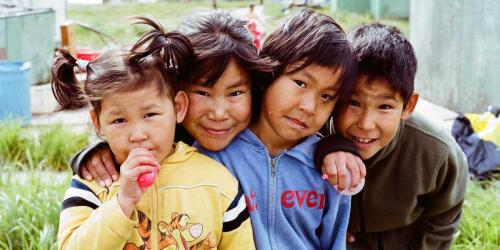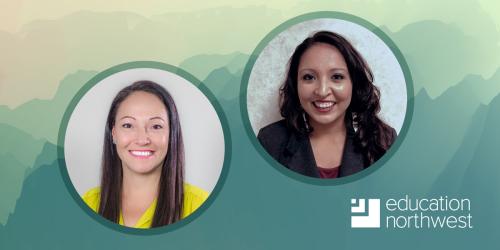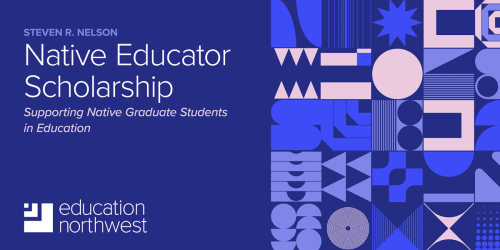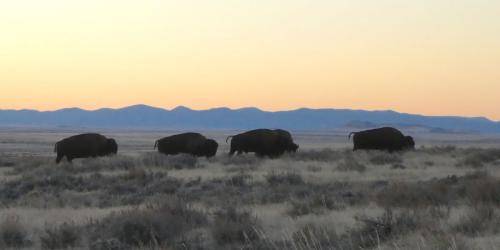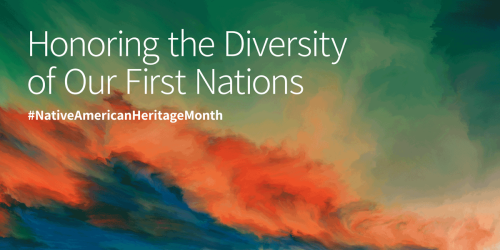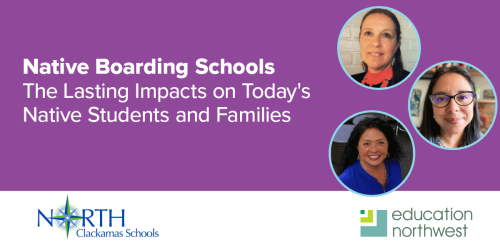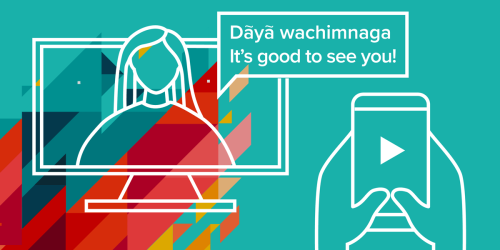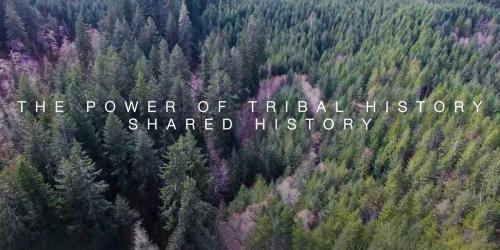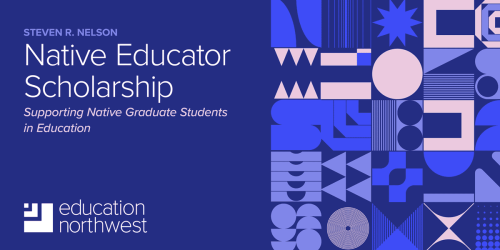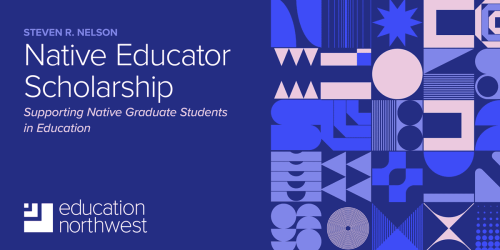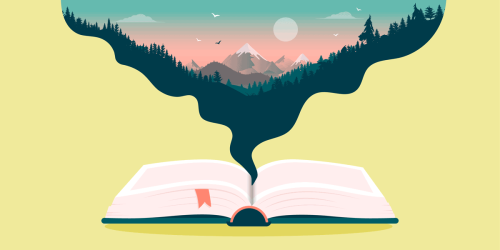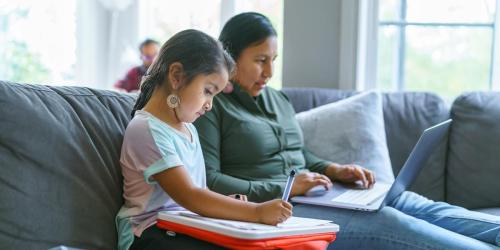Accurate identification can help Native migratory students sustain important cultural practices while thriving in school.
An infographic that offers strategies for educators to build their awareness of these cultural traditions and address the needs of this often-overlooked student population.
Learn about two new studies that address the research gap on Indigenous English learners.
Maegan Rides at the Door of the National Native Children’s Trauma Center spoke with Mandy Smoker Broaddus about making trauma-informed work culturally responsive.
The Nelson Scholarship Program strives to increase Native representation in education by supporting Native students in the Northwest who are pursuing a master’s degree in a related field.
Learn how Montana’s Hays Lodgepole School is weaving students’ Assiniboine and Gros Ventre culture into its curriculum.
How can we make sure that the stories we teach in our schools not only honor the histories of Indigenous peoples but also respect them as diverse, thriving communities?
How do past boarding school practices and policies affect our Native students and families today? Learn from several educators in the Western region who are successfully partnering with our Native communities.
Native communities have been showing up for education during the COVID-19 pandemic—tribal elders, leaders, advocates, and educators have been finding creative ways to engage learners.
Discover what's new in a statewide curriculum on the Native American experience in Oregon.
"For me, learning about my own culture is a lifelong process, but I definitely believe we should be telling our own story whenever possible.”
“The health of my community, and of Indian Country in general, depends on policymakers with personal experience.”
Mandy Smoker Broaddus writes about Oregon S.B. 13 as a way for tribal peoples to have their presence validated across the state and in classrooms.
Teachers can engage in self-education and open up their classrooms to culture in forming strategies to end persistent and damaging stereotypes.
We compiled this list of resources containing information on what changes schools can make to create a more welcoming school climate and increase the engagement of American Indian and Alaska Native families in schools.
